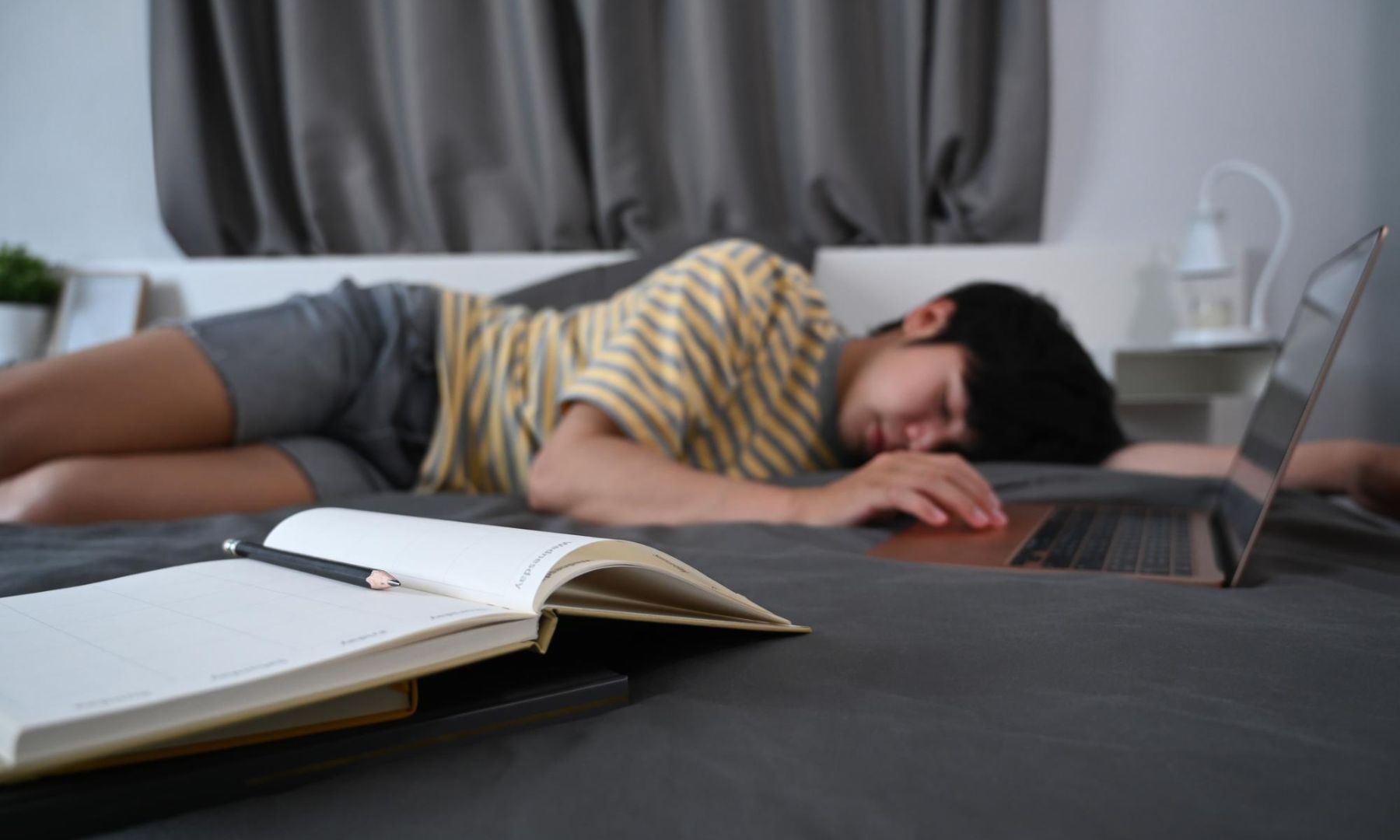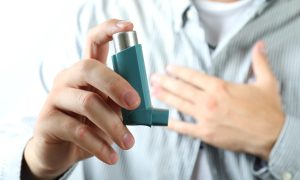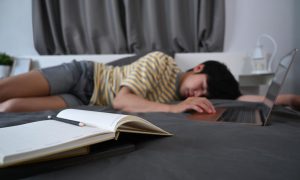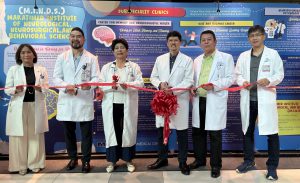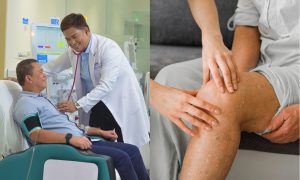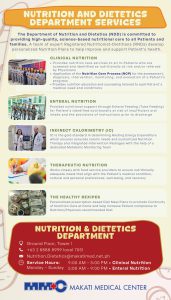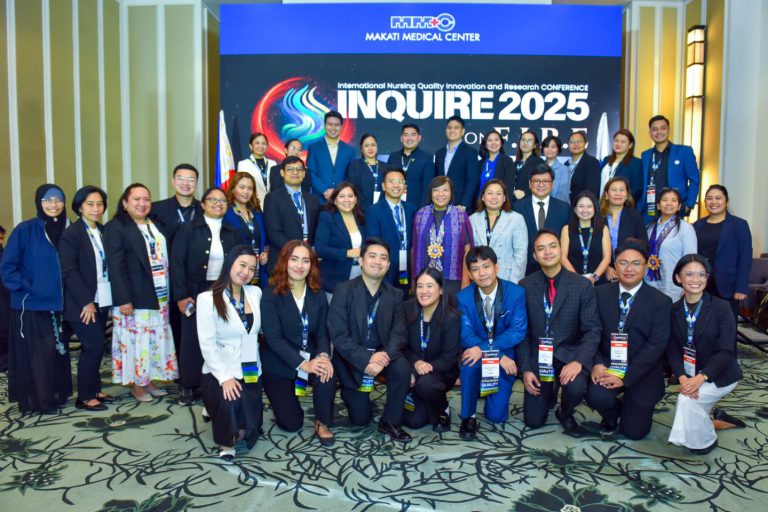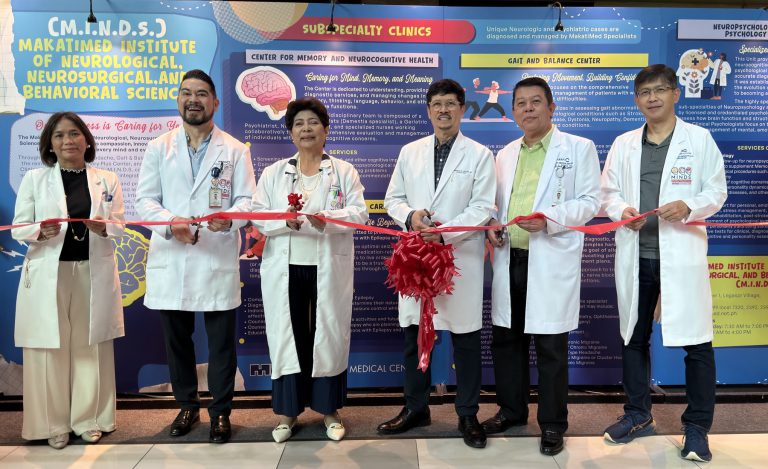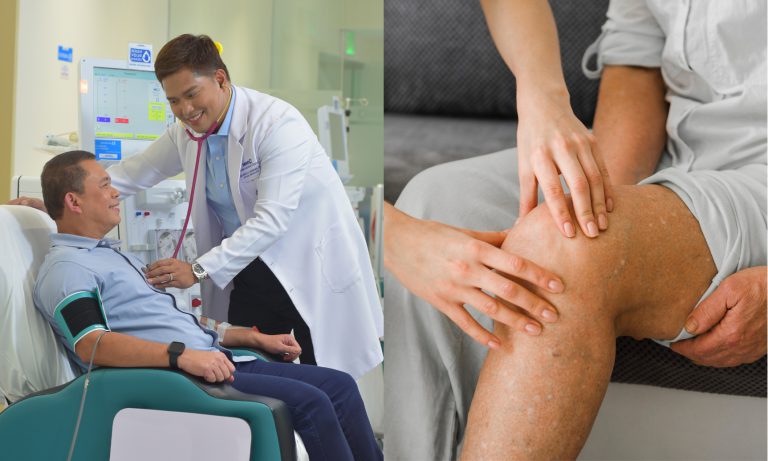Slaving on a school project and hitting the books in the wee hours leading up to final exams were believed to be the habits of a hardworking, conscientious student—someone on the honor roll who juggled academics with extra-curricular activities throughout the day, thus necessitating them to pull all-nighters.
But if she had her way, Rosalina Espiritu-Picar, MD would tell these students that the smarter thing to do would be to put all their books, projects, and gadgets away—and go to sleep.
“Just like eating, drinking, and the need to procreate, sleep is a basic physiologic drive,” says the Makati Medical Center (MakatiMed) Adult Neurologist and Sleep Specialist. “This means that if we allow nature to take its course, sleep should occur naturally.”
This natural occurrence comes from our circadian rhythm, an internal clock in our brain and cells that tells our body when to sleep and be awake based on light and darkness. Let the circadian rhythm do its thing, and it works just like clockwork, so to speak. This means you are able to get things done during the day, then enjoy the full benefits of a good night’s rest.
Quality sleep reduces the risk of life-threatening diseases like heart disease, stroke, and diabetes. It strengthens the immune system and keeps you at a healthy weight. Not to mention, it lifts the mood and soothes anxiety and stress. In terms of effective studying and improving academic performance, getting adequate sleep also improves concentration, memory, productivity, and problem-solving skills.
But drink copious amounts of caffeine-rich coffee and energy drinks while burning the midnight oil, or stare for hours at the artificial light emitted by your smart phone or laptop, and you throw your circadian rhythm out of whack. This leads to sleepiness during the day, reduced concentration, poor memory and retention, and mood swings—all of which affect how well you do in a tough exam or stressful graded recitation.
The solution? Good sleep hygiene—or basic rules to enhance quality of sleep. “There are enough studies that prove the impact of sleep on a student’s academic performance,” says Dr. Espiritu-Picar. “When you are well-rested, you concentrate better, have a sharper memory, and are in a better mood to face the challenges of the day.”
Among the doctor’s recommendations are:
Be active at daytime
One of the things Dr. Espiritu- Picar has her patients do as soon as they wake up in the morning is to go for a walk. This provides healthy sun exposure and light and stimulates physical activity to jumpstart your day.
“This also helps in setting your body clock,” she says.
See the light
To be fair, the blue light released by our gadgets actually offers some health benefits: heightened alertness, improved attention span, and better memory, among others. But blue light at night throws your circadian rhythm off.
“Turn off devices two (2) hours before bedtime,” recommends Dr. Espiritu-Picar. “If you need help going to sleep, play soft and relaxing music or try deep breathing exercises.”
Watch what you eat and drink
Sleep is impossible when you are too full or too hungry, so make sure you have eaten a light and simple dinner three (3) hours before bedtime. Feeling parched? Take water in sips (or else you will be constantly getting up to pee) and pick decaffeinated coffee or tea if you must have a warm after-meal drink.
“Alcohol is a no-no. A lot of people use alcohol to put themselves to sleep,” shares Dr. Espiritu-Picar. “Yes, it will put you to sleep. But as you metabolize the alcohol, it will cause disruption in your sleep. When you wake up to go to the toilet, you will feel dizzy. And alcohol causes dryness in your throat. If you have to have it, take it five (5) hours before your bedtime.”
When you have a ton of things on your plate—a book report, homework, your share of a group project—sleeping seems counterproductive. But a lot goes on when you get some shut-eye. It is the time our body repairs itself and restores energy, and our brain preserves new information while eliminating toxic waste. Proteins known as cytokines are also released during sleep, which help fight infection and inflammation.
Do not take sleep for granted. Instead, live your day to the fullest—study well, ace that exam, make time for family and friends—so you can look forward to hours of well-deserved slumber.
“You have to earn your sleep,” reminds Dr. Espiritu-Picar. “If you do not do anything during the day, don’t expect to sleep well at night.
For individuals experiencing sleeping difficulties, MakatiMed is home to the Neurophysiology and Sleep Disorders Laboratory (NSDL) that conducts neurological testing procedures used in the evaluation of obstructive sleep apnea and insomnia, among others
To schedule a consultation with a Sleep Specialist, contact MakatiMed On-Call at (+632) 8888 8999 or at [email protected].
Article based on the MakatiMed Health Vodcast’s “Lack of Sleep: All About Revenge Bedtime, Sleep Difficulties, & the Use of Sleeping Pills” episode featuring Rosalina Espiritu-Picar, MD last December 6, 2023.
Follow our social media pages for more health-related content and for the latest updates: https://www.makatimed.net.ph/social-media-pages/

